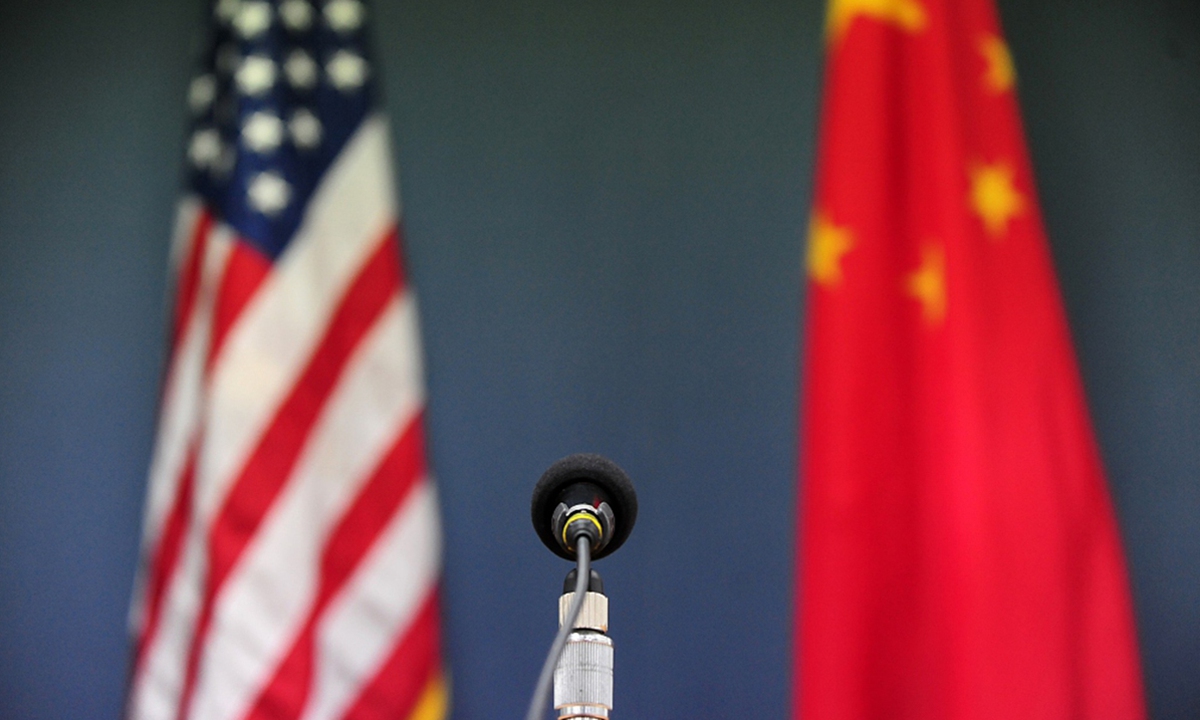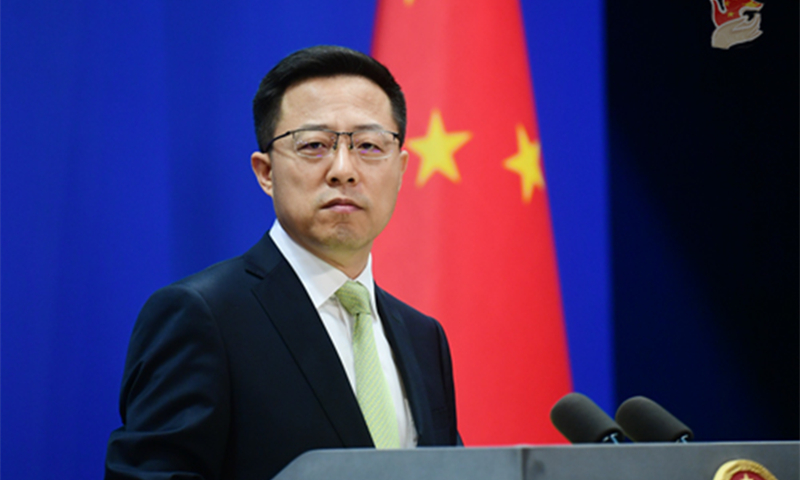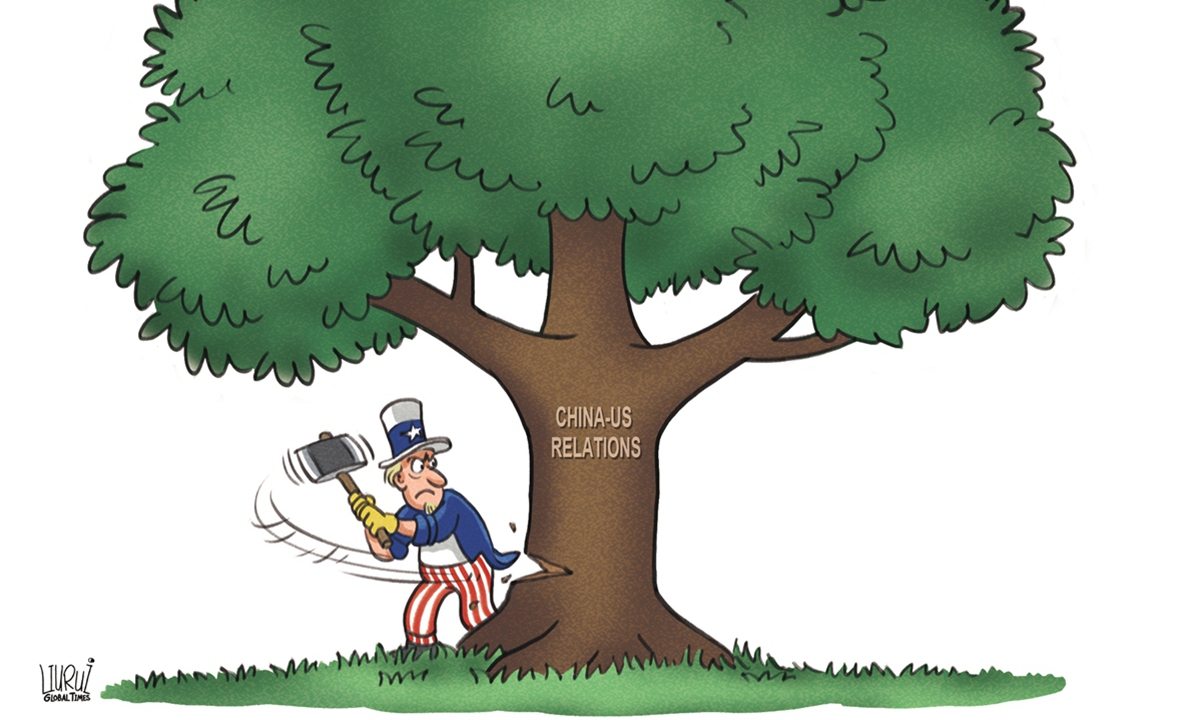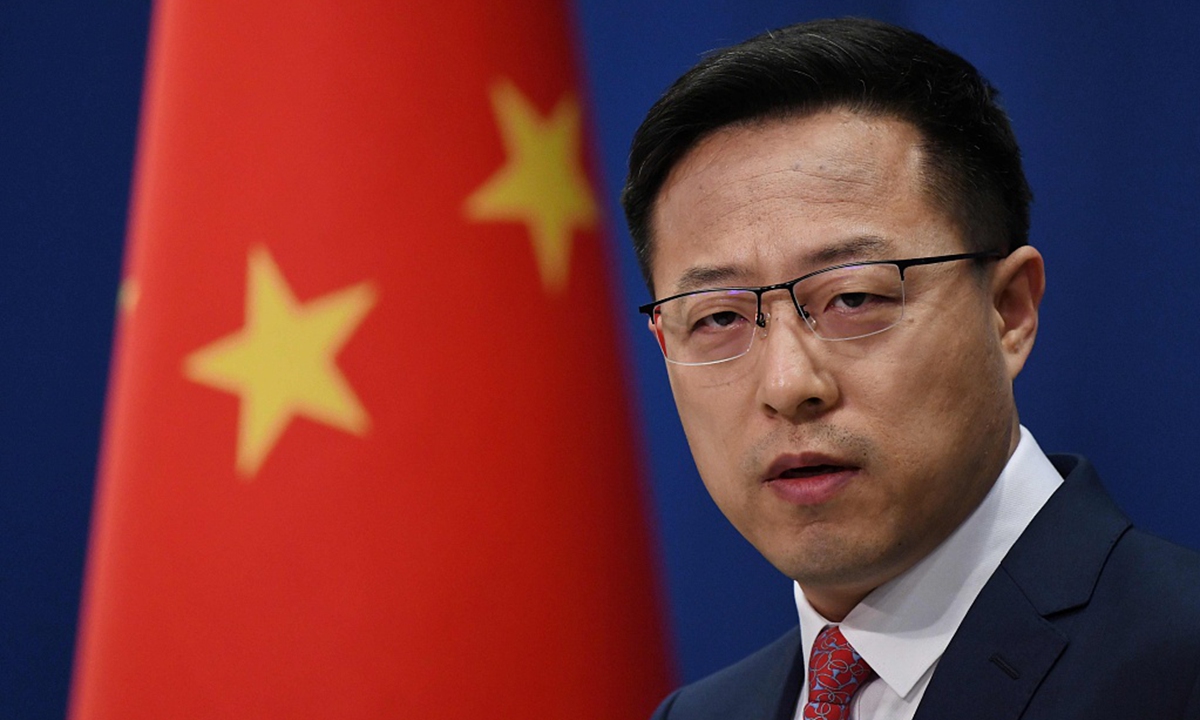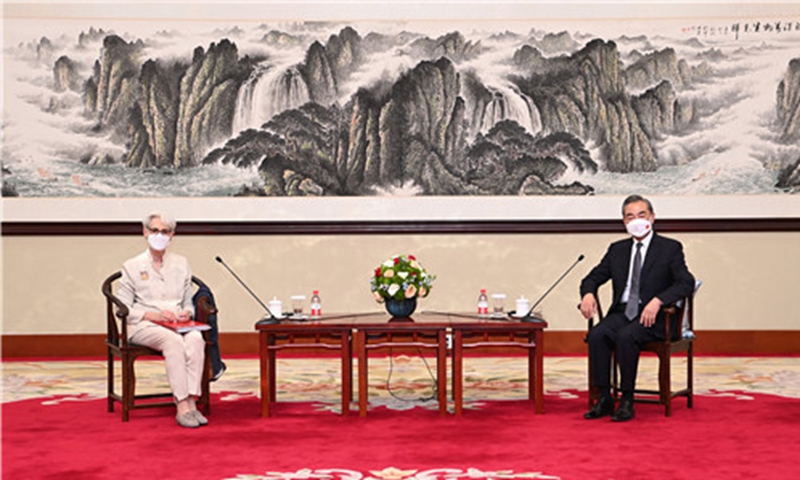GOVERNMENT-backed coins and private cryptocurrencies will coexist for a while, despite rising regulatory walls set by the government to counter virtual coins, experts at a global webinar session said Thursday.
Noting that cryptocurrencies and digital currencies by governments are “two different animals,” they will coexist for now partly because current cryptocurrencies are not actually solving payment problems.
“How many of them (cryptocurrencies) are solving actual payment problem? Most of them are speculative and used as a means of storage,” said Nelson Chow, chief fintech officer of the Fintech Facilitation Office at the Hong Kong Monetary Authority.
Chow said that some central bank digital currency, or CBDC, projects such as Multiple CBDC Bridge have the potential to solve decades-old problems for cross-border transactions. Multiple CBDC Bridge is a wholesale CBDC co-creation project between the Hong Kong Monetary Authority, Bank of Thailand, the People‘s Bank of China and the Central Bank of the United Arab Emirates.
Under the current regulatory environment, John Kiffmeiste, a former senior financial sector expert at the International Monetary Fund, said that it is unlikely that the emergence of CBDC projects, now numbering nearly 60 according to Kiffmeiste’s data, would make crypto assets obsolete.
“CBDC has to operate within confines of tax regulations, anti-money laundering, KYC (know-your-customer) and so many other regulations whereas cryptocurrencies don’t operate in that environment,” the economist added.
 Speakers at the webinar co-hosted by The Investor, a tech media outlet run by The Korea Herald, Malaysia’s The Star and the Asia News Network.
Speakers at the webinar co-hosted by The Investor, a tech media outlet run by The Korea Herald, Malaysia’s The Star and the Asia News Network.
But, Kiffmeiste pointed out that as the regulatory and legislative walls are closing in on crypto assets, they will come under the same rules that other types of conventional currencies operate under. “In that case, that levels the playing field. Perhaps in that new world, CBDCs and cryptocurrencies coexist, but crypto assets become redundant as at least payment medium.”
Andrew Sheng, one of Asia’s top economists, stressed that authorities should understand the complex contextual backgrounds that have brought about the rising interest in CBDCs and cryptocurrencies.
Noting that the value of the cryptocurrency market has reached US$1.2tril – half the value of the official gold reserves – Sheng said cryptocurrencies had grown outside of the purview of public control. “This was the big lesson of the Covid-19, private cyber currencies will be with us whether you like it or not,” Sheng said.
The tug-of-war between regulators and cryptocurrencies is most apparent in the US in the area of stablecoins like USD Coin, a digital equivalent of the US dollar.
The US-proposed Stable Act will bring USD stablecoin issuers into conventional regulatory perimeters.
Kevin Werbach, a professor of legal studies and business ethics at the Wharton School of the University of Pennsylvania, said that the cryptocurrency industry does not have to be allergic to regulations.
“There is always a notion that we have to choose either innovation or regulation. And I think it’s a false dichotomy. For new technological markets to mature and develop, they need to be trusted. They need to get to the point where ordinary people around the world are willing to participate in these activities at scale, and regulations are an important part of that,” Werbach said.
As to the increasing public controls on crypto assets, speakers called for regulations compatible with the emerging cryptocurrency industry. They shared a similar view that cryptocurrency companies and regulators must work together on bringing the industry into the system.
“Since innovation is always ahead of regulation, it is inevitable for regulators to rely on us when drafting policies. It is crucial to reshape their ‘legacy mindset’ and make them understand the nature and dynamics of cryptocurrency,” said Marcus Lim, CEO and co-founder of Zipmex.
They were speaking at a webinar co-hosted by The Investor, a tech media outlet run by The Korea Herald, Malaysia’s The Star and the Asia News Network entitled “The rise of Govcoins & What’s next for crypto”. Speakers at the July 22 virtual seminar included a group of experts in the US, Europe and Asia who are navigating the current situation surrounding the development of central bank digital currencies and challenges posed by and to cryptocurrencies.
Experts said that central bank digital currencies have a huge potential to solve many issues, ranging from decades-old problems involving cross-border transactions to digital transformation.
Kiffmeiste noted that almost 60 jurisdictions are currently exploring retail CBDCs, with countries like the Bahamas and China at the forefront, but they are divided in their motivations for issuing the CBDCs. For instance, emerging economies consider CBDCs as a way to spur financial digitalisation, while advanced economics mull digital currency as part of financial stability and to improve monetary policies. — The Korea Herald/Asia News Network
Join our Telegram channel to get our Evening Alerts and breaking news highlights
Source link
Related posts:
The global financial landscape, especially in
Asia, is being redrawn amid digitalisation of the financial sector,
propelled by both the regu...
The dollar accounted for 88% in paired foreign
exchange currency trading in 2019 and 59% of official foreign exchange
holdings Why the .....
SoyaCincau subscribers













